|
|
ADDRESS AT THE BUSINESSWORLD-FICCI-SEDF CORPORATE SOCIAL RESPONSIBILITY AWARD, NEW DELHI
07-05-2007 : New Delhi
Blending Corporate Social Responsibility with Business Growth
"Small aim is a crime"
I am indeed delighted to participate in the ?Businessworld-FICCI-SEDF Corporate Social Responsibility Award? for the year 2006. I congratulate the award winners and greet the industry chiefs, entrepreneurs and distinguished guests. I am happy that Corporate Social Responsibility Award scheme has been instituted by Federation of Indian Chambers of Commerce and Industry (FICCI) in partnership with Businessworld and Social Economic Development Foundation (SEDF) for recognizing excellence in fulfilment of Corporate Social Responsibility by Industrial houses. This is a major contribution of FICCI towards business-government-civil society partnership to enhance the quality of life of the common people. While I was interacting with the group of societal reformers (NGOs) from various parts of the country during the 2007 Republic Day get together at Rashtrapati Bhawan, they expressed that large scale participation of corporate houses in societal missions will further speed up the benefits of development reaching all the sections of society, empowering the people and ensuring continuity of services to the citizens.
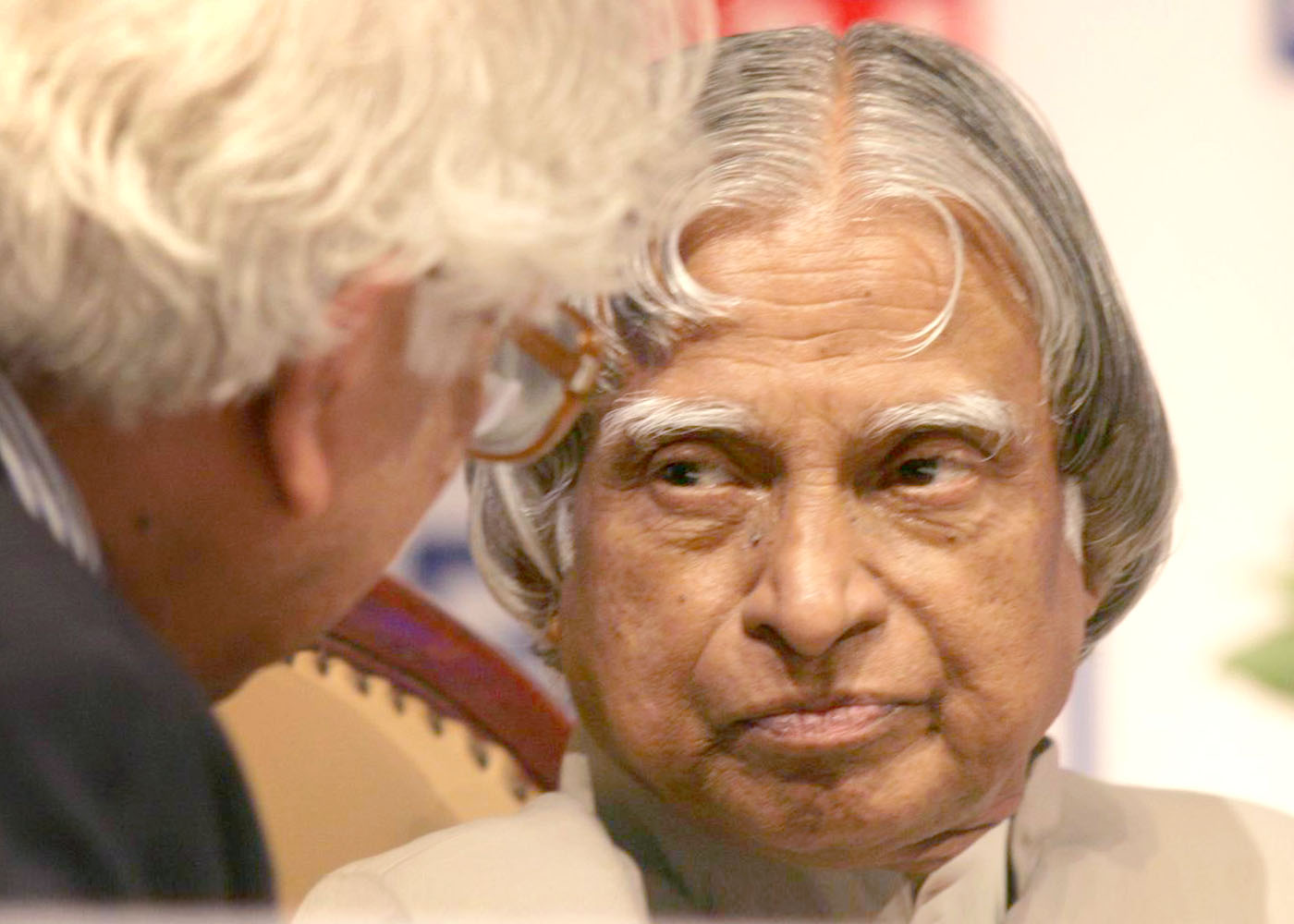
While I am with you, I would like to share my experience during my address to European Parliament at Strasbourg on 25th April 2007. At the invitation of the President of European Parliament, I delivered a talk on the topic ?Dynamics of Unity of Nations?. The subject is relevant to industry and business ventures. I suggested three Indo-European missions to the European Parliament namely:
1. Evolution of enlightened society - for evolving a citizen with value system and leading to prosperous and peaceful world.
2. Leading to Energy Independence - A three dimensional approach for energy choice towards realizing clean planet earth.
3. World Knowledge Platform - for synergizing the core competence of European Union and India in certain areas for providing solutions to critical issues like water, healthcare and capacity building.
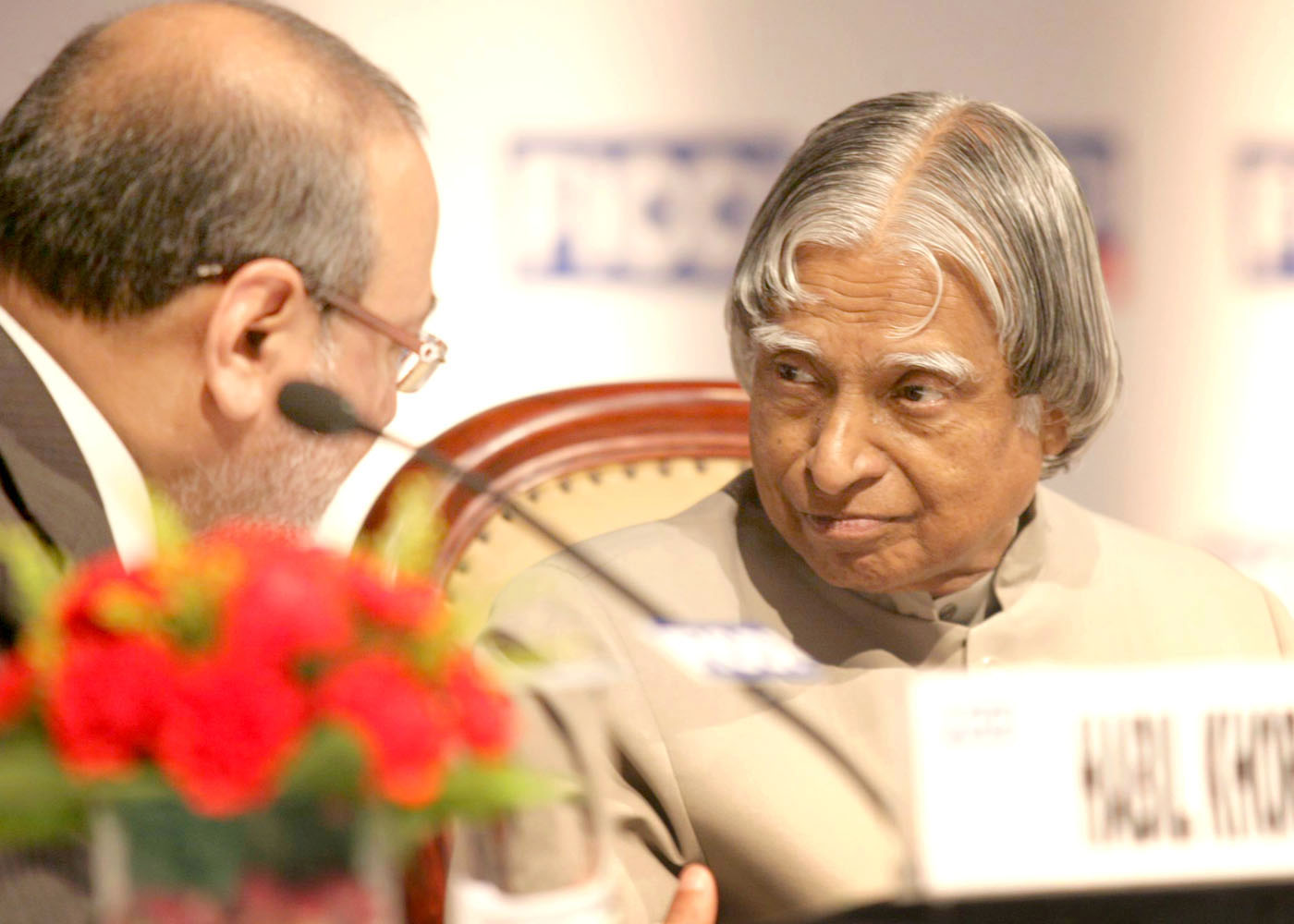
The 785 members hailing from 27 countries of the European Union listened to me carefully. Their response has opened new opportunities for Indo-Europe cooperation in many new areas. I consider that industry has an important role to play in execution of these missions. I would like to refer the aspects which are directly relevant to business and industry in fulfilling social responsibility.
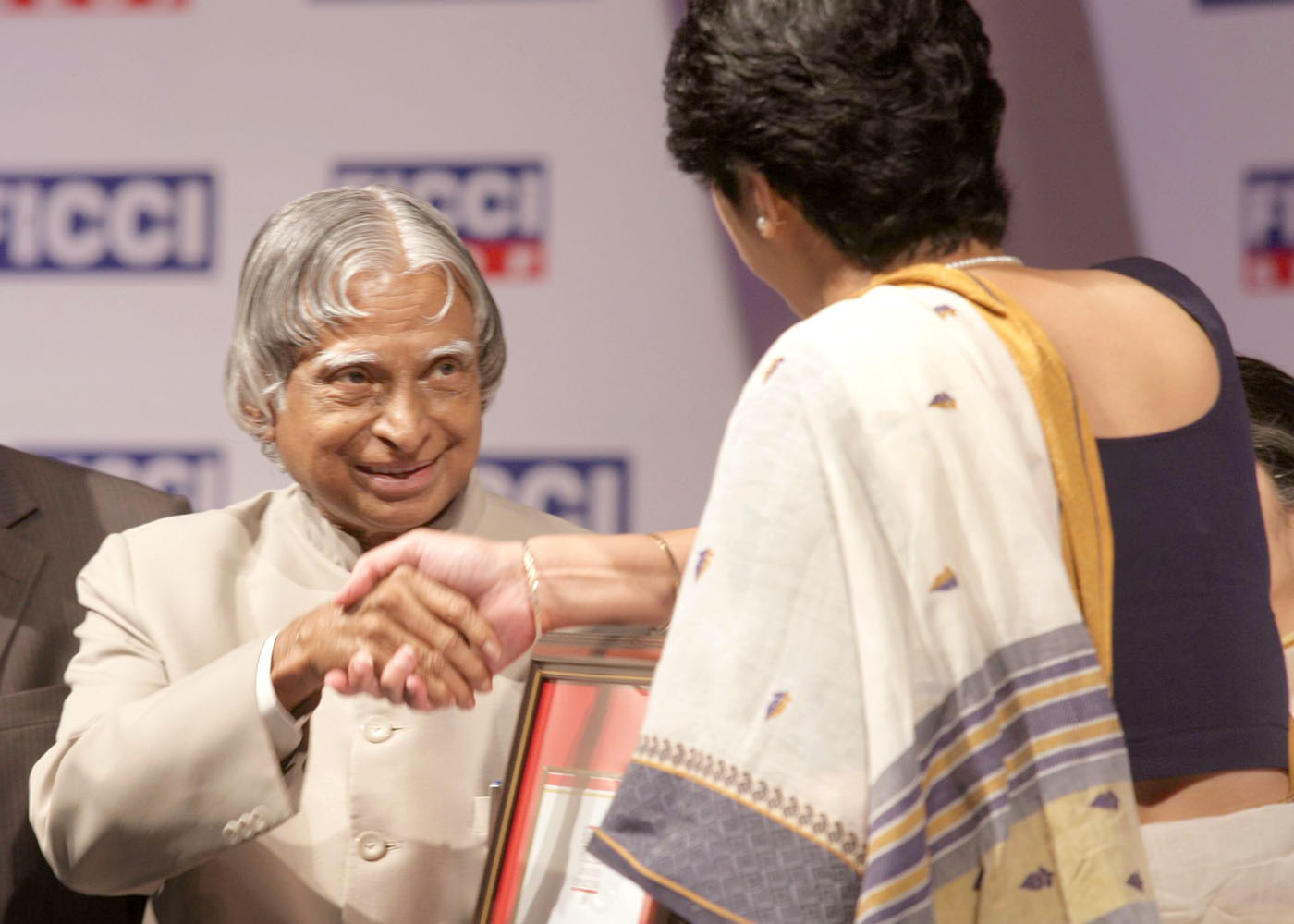

Education with value system
With rapid growth of private sector in the country, I visualize that education is now an important part of corporate social responsibility, as much as it is the responsibility of government. The seeds of peace in the world have their origin in the righteousness in the heart of every individual. Such righteous citizens lead to the evolution of enlightened society. Education with value system has to be so designed that the righteousness in the heart is developed in young minds. That should be the mission of education.
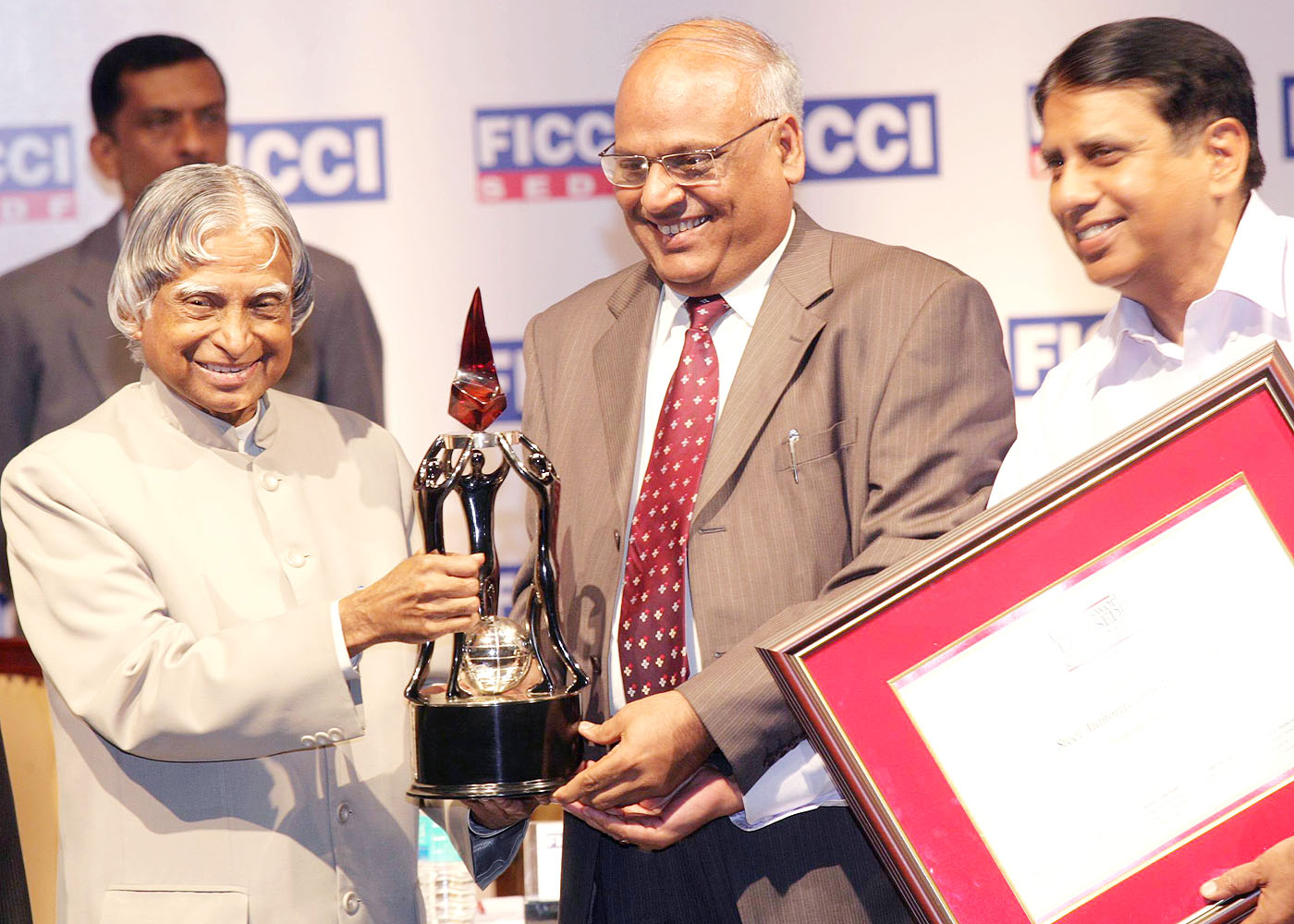
The prime learning environment is five to seventeen years of age. Parents and teachers must inculcate moral leadership amongst children. It requires the ability to have insights into the uniqueness and universality of human consciousness. True education is the acquisition of enlightened feelings and enlightened powers to understand daily events and to understand the permanent truth linking man to his environment, human and planetary. Such education would go a long way in contributing to productivity and ethics in business practice.
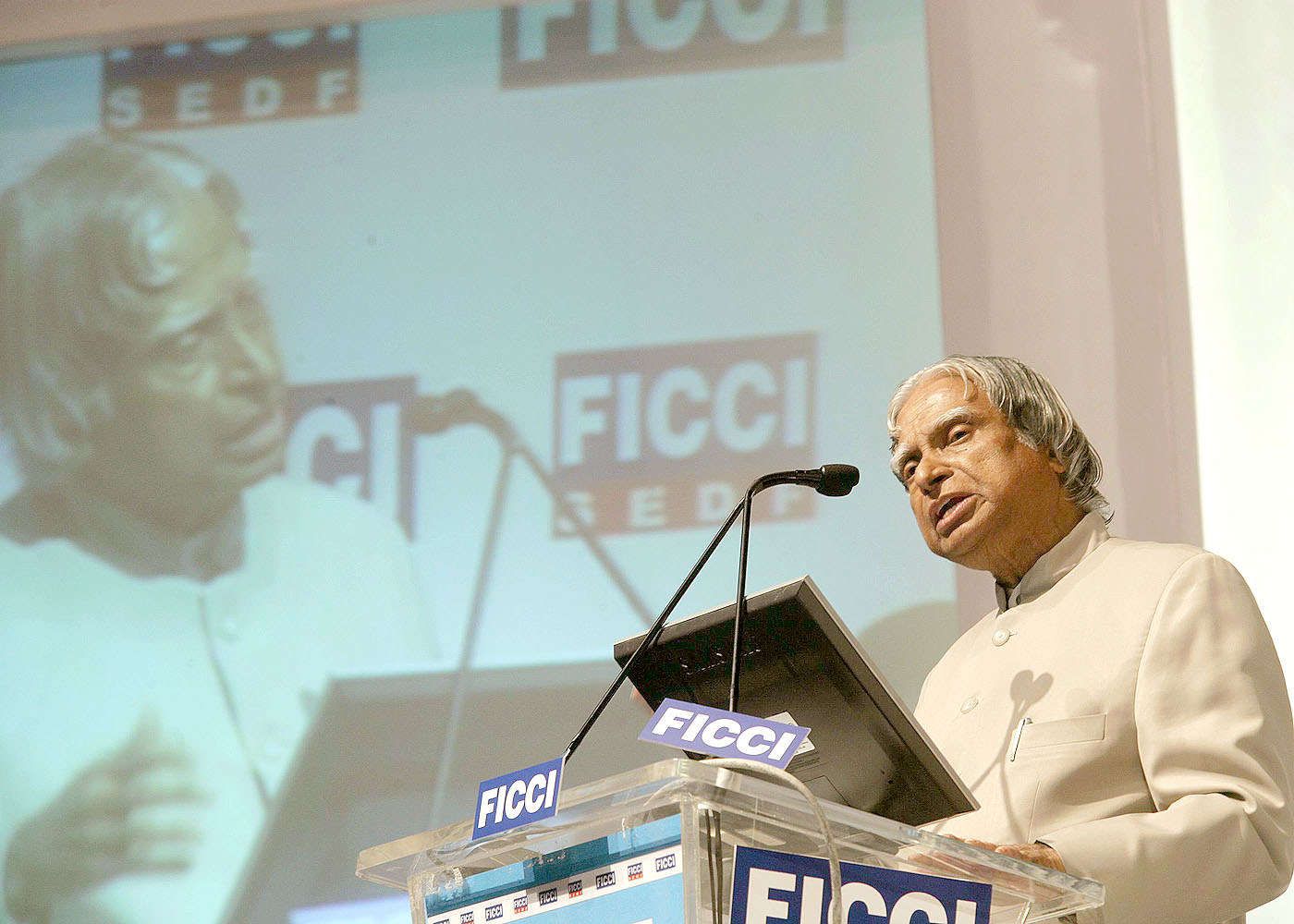
While I was in college, I remember the lectures given by the highest authority of a Jesuit institution Rev Father Rector Kalathil of St. Joseph?s college, Tiruchirappalli, Tamilnadu, Southern India. Every week on Monday, he will take a class for an hour. He used to talk about good human beings present and past and what makes a good human being. In this class he used to give lectures on personalities such as Buddha, Confucius, St. Augustine, Califa Omar, Mahatma Gandhi, Einstein, Abraham Lincoln and moral stories linked to our civilizational heritage. In the moral science class, Father Kalathil used to highlight the best aspect of, how the great personalities have been evolved as good human beings through parental care, teaching and companionship of great books. Even though these lessons were given to me in 1950?s during my college days, they inspire me even today. It is essential that in the schools and colleges, lectures are given by great teachers of the institution once in a week for one hour on civilizational heritage. This may be called as Moral Science Class that will elevate the young minds to love the country, to love the other human beings and elevate them to higher planes.
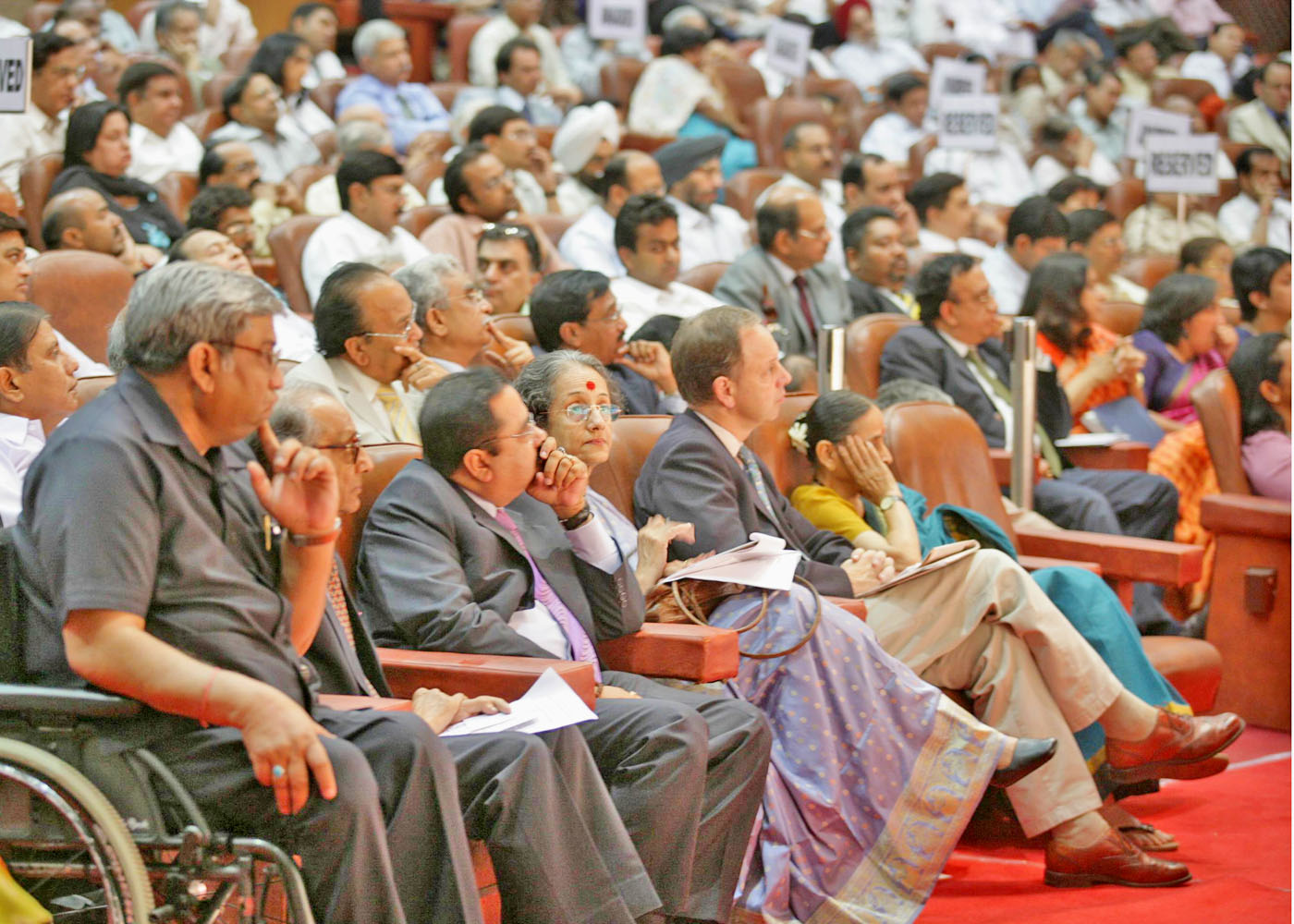
Corporate houses can make an important contribution by adopting the schools particularly in rural areas in their region and providing infrastructure for the schools in the form of clean drinking water, toilet facilities, transportation facilities for children coming from far away distances, equipping the sport complexes and providing computing facilities for technology assisted learning. In addition corporate houses can arrange special lectures to the children for imbibing value based education. This type of support to government schools and private schools will improve the quality of education to the children in the rural and semi-urban areas, leading to development of enlightened citizens. The support for developing quality human resource with embedded value system is an important social responsibility mission since it creates the human asset for the nation and this is equally relevant to Europe, who have indicated interest in such joint missions. As I mentioned in the Republic Day address, Corporate sector may reach the unreached as an essential component of Corporate Social Responsibility. In a world dominated by communication, extending the communication from the privileged to include the connectivity to the unreached should be part of our technological upheaval.
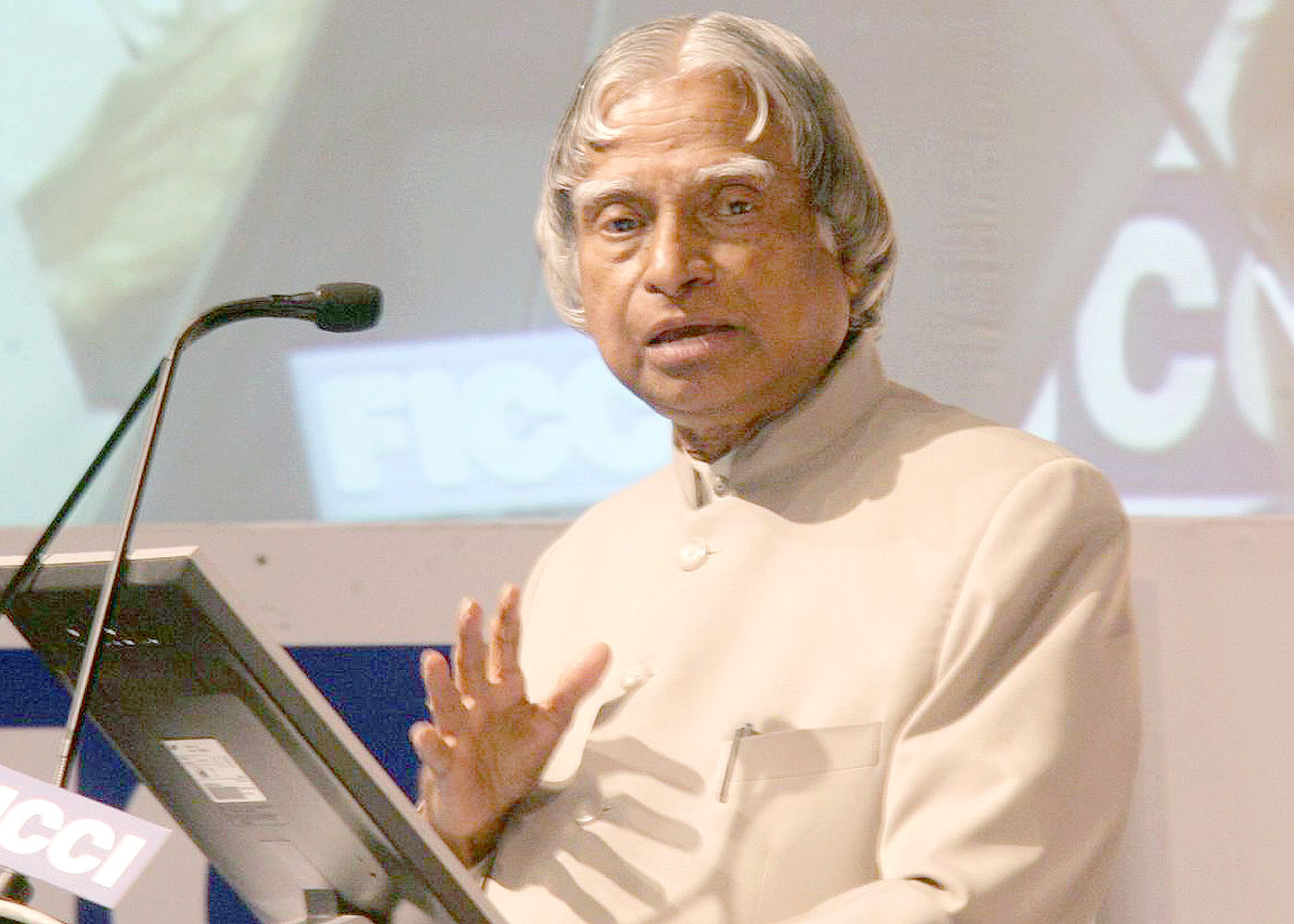

Leading to Energy Independence
When we analyze the critical problems facing the planet earth today, two important issues come to our minds. First one, as predicted by World Energy Forum, is the continuous depletion of fossil fuels, from which we derive oil, gas and coal. The second one is the continuous degradation of environment primarily due to extensive use of fossil materials for generating energy. The solution to these problems can be found through energy independence. It may be applicable to many nations.
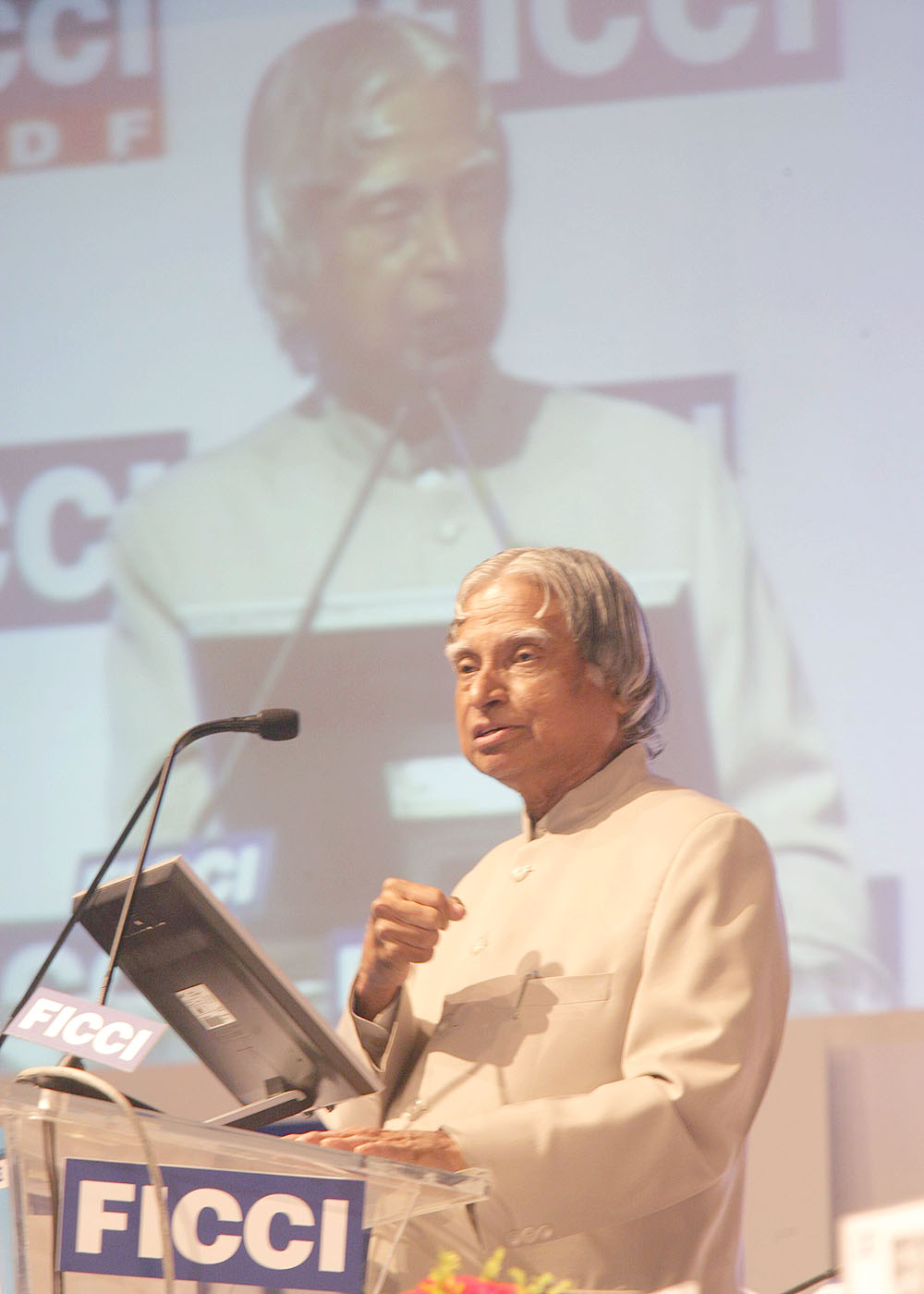
Energy Independence in India - A Perspective: India has 17% of the world?s population, but only about 0.8% of the world?s known oil and natural gas resources. Based on the progress visualized for the nation during the next two decades, the power generating capacity has to increase to 400,000 MW by 2030 from the current 130,000 MW in India. This takes into consideration of energy economies planned and the design and production of energy efficient equipments and systems. Energy independence has got to be achieved through three different sources namely renewable energy (solar, wind and hydro power), electrical power from nuclear energy and bio-fuel for the transportation sector. Energy independence throws very important technological challenges to the world: The solar cell efficiency has to increase from the present 15% - 20% to 45 - 50% through intensified research on CNT (Carbon Nano Tube) based solar cells. For thorium reactors, as it is known, thorium is a non-fissile material. It has to be converted into a fissile material using Fast Breeder Technology. In the Bio-fuel area, the challenge is bio-fuel plantation for higher yield, esterification technologies for the higher output and the modification to automobile power plants. These three research areas definitely need intensive cooperation between Europe and India. I had suggested setting up of an ?Indo-EU Renewable Energy Development Programme? for taking up advanced R&D in all forms of renewable energy leading to the availability of commercial class large scale power plants within the next decade. The industrial houses can take up urgent action for conservation of energy, promoting use of renewable energy to the maximum extent in their plants and facilities. They can also work in the development of solar energy systems and wind energy systems either on stand alone mode or in partnership with Indian companies or European companies for providing cost effective energy sources to the community. Through this contribution our corporate houses will be fulfilling one of the biggest challenges facing the planet Earth of reducing atmospheric pollution which has reached unprecedented level.
Let me now discuss the third mission, called ?World Knowledge Platform? which I put forth to the European Parliament.

World Knowledge Platform
With the Indian experiences of two successful international cooperative ventures from concept to realization and marketing, I have suggested evolution of "World Knowledge Platform" for bringing together the core competence of multiple nations of EU and India in science and technology leading to the development of unique systems for Global applications. "World Knowledge platform" will enable joint design, development, cost effective production and marketing of the knowledge products, systems and services in various domains based on the core competence of partner nations to international market. World knowledge platform is a meeting place for science, technology, industry and management.
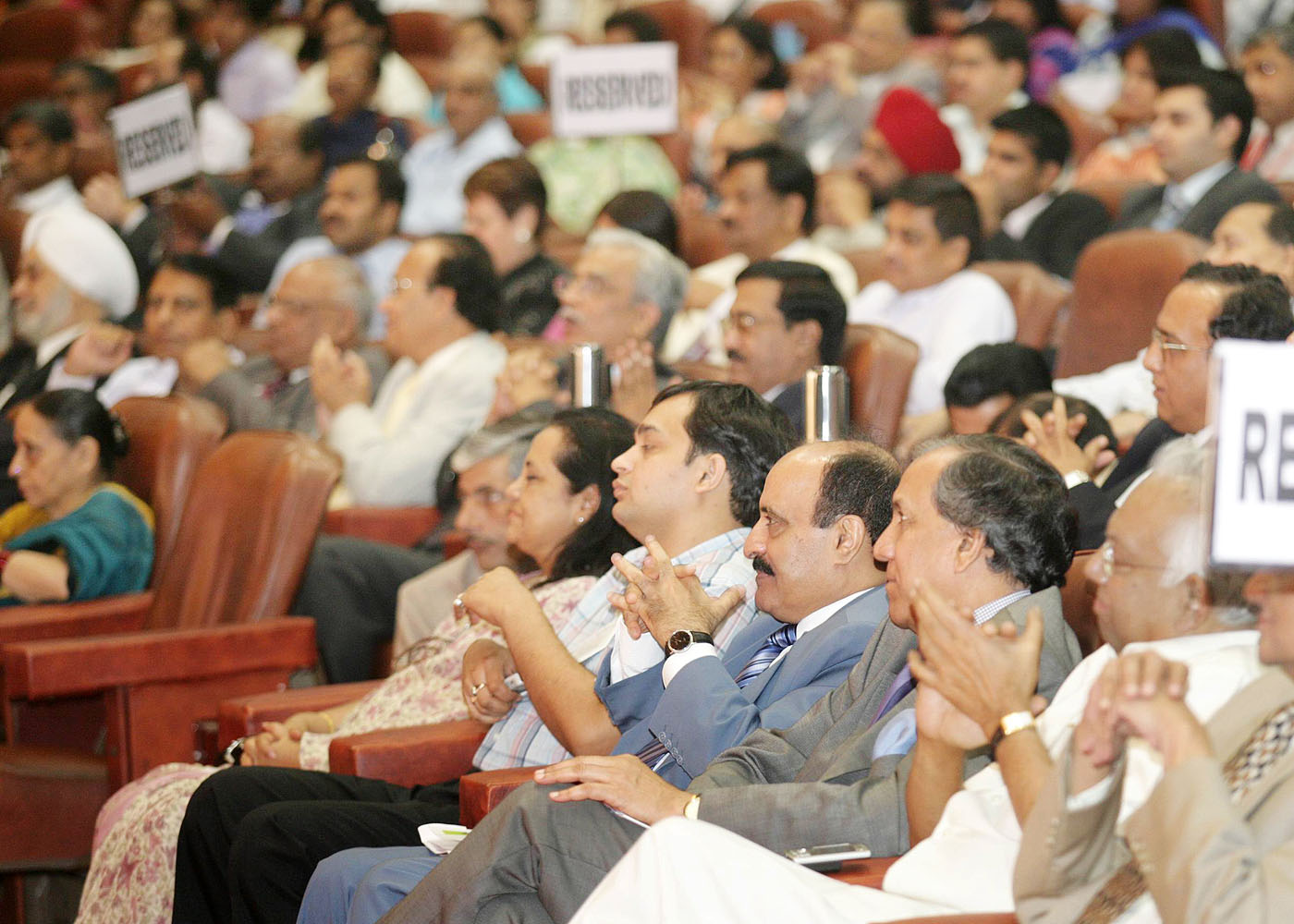
Missions of World Knowledge Platform: The convergence of Bio, Nano and IT is expected to touch every area of concern to the humanity. The "World Knowledge Platform" will take up the missions, in some of the areas discussed further, which are of utmost urgency to all of us to make our world a safe, sustainable, peaceful and prosperous place to live:
1. Water: Desalination of sea water using solar energy, channelization, networking of rivers, cost effective safe drinking water.
2. Healthcare: Diagnosis, drug delivery system, development and production of vaccines for HIV/TB, malaria and cardiac diseases, detection and cure of diabetics.
3. Agriculture and Food processing: Increased production of food grain in an environment of reduced land, reduced water and reduced manpower; preservation of food; food processing; cost effective storage and distribution.
4. Knowledge products: Hardware, Software and Networking and Storage Products including handheld micro and nano electronic devices.
5. Transportation systems: Fossil fuel free transportation systems using renewable energies, safety systems, hardware and embedded software integration.
6. Habitat: Energy efficient, water efficient, pollution free habitat.
7. Disaster Prediction and Management: Earth quake forecasting, assessing in advance the quantum of rain for particular cloud condition.
8. Capacity Building: Quality human resource development for all the above areas including the development of personnel with world class skills.
The industry houses assembled here can consider how they can participate in all the eight missions of the World Knowledge Platform as a business opportunity and also simultaneously fulfill their corporate social responsibility
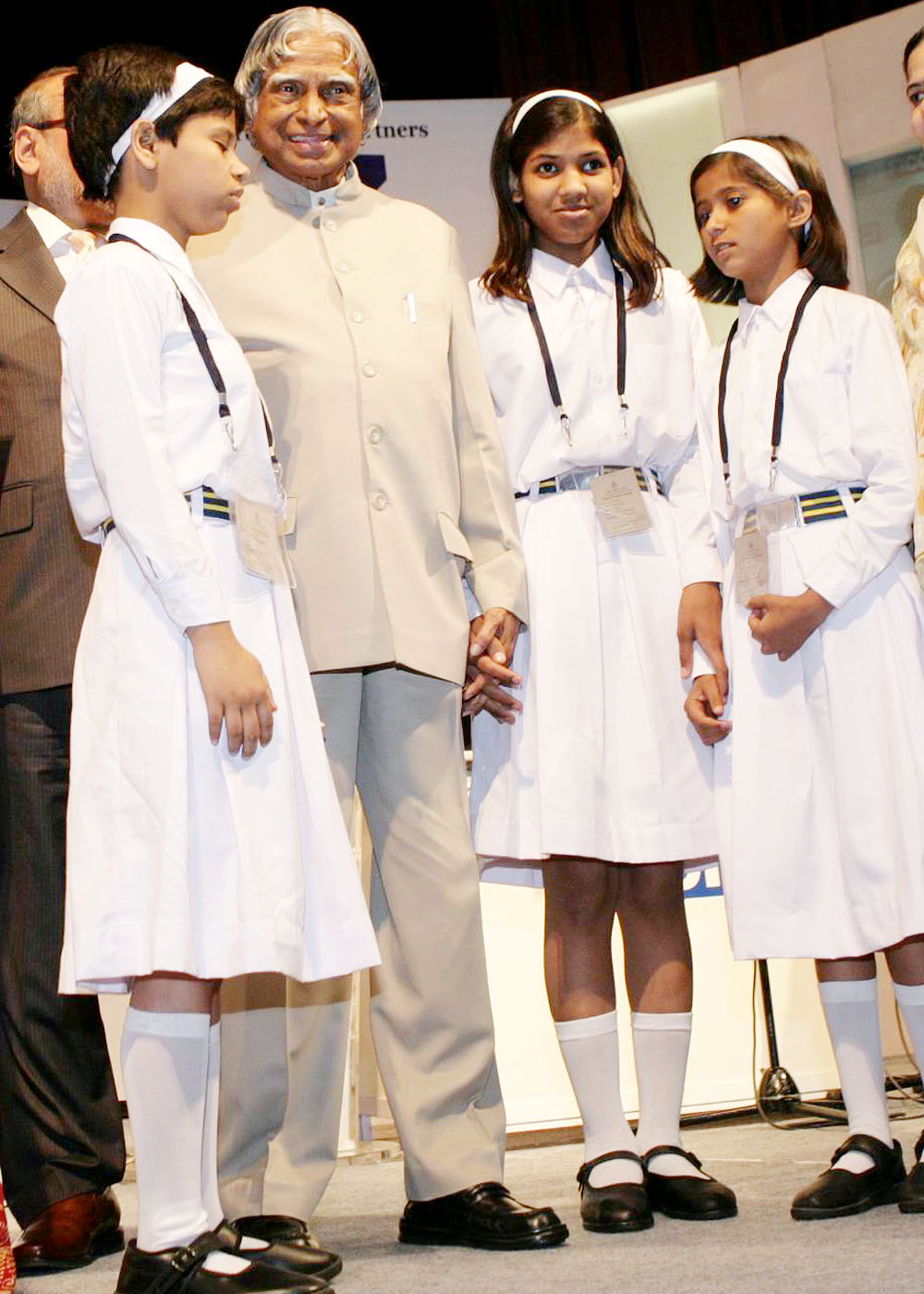

Conclusion: Economic development and prosperity
Since the audience consists of members from the industry, corporate institutions and government establishments, I would like to talk to you about the growth of the economic development and prosperity.
- Nations Economic development is powered by competitiveness.
- The competitiveness is powered by knowledge power.
- The knowledge power is powered by Technology and innovation.
- The Technology and innovation is powered by resource investment.
- The Resource investment is powered by revenue and return on Investment.
- The Revenue is powered by Volume and repeat sales through customer loyalty.
- The customer loyalty is powered by Quality and value of products.
- Quality and value of products is powered by Employee Productivity and innovation.
- The Employee Productivity is powered by Employee Loyalty, employee satisfaction and working environment.
- The Working Environment is powered by management stewardship.
- Management stewardship is powered by Creative leadership.
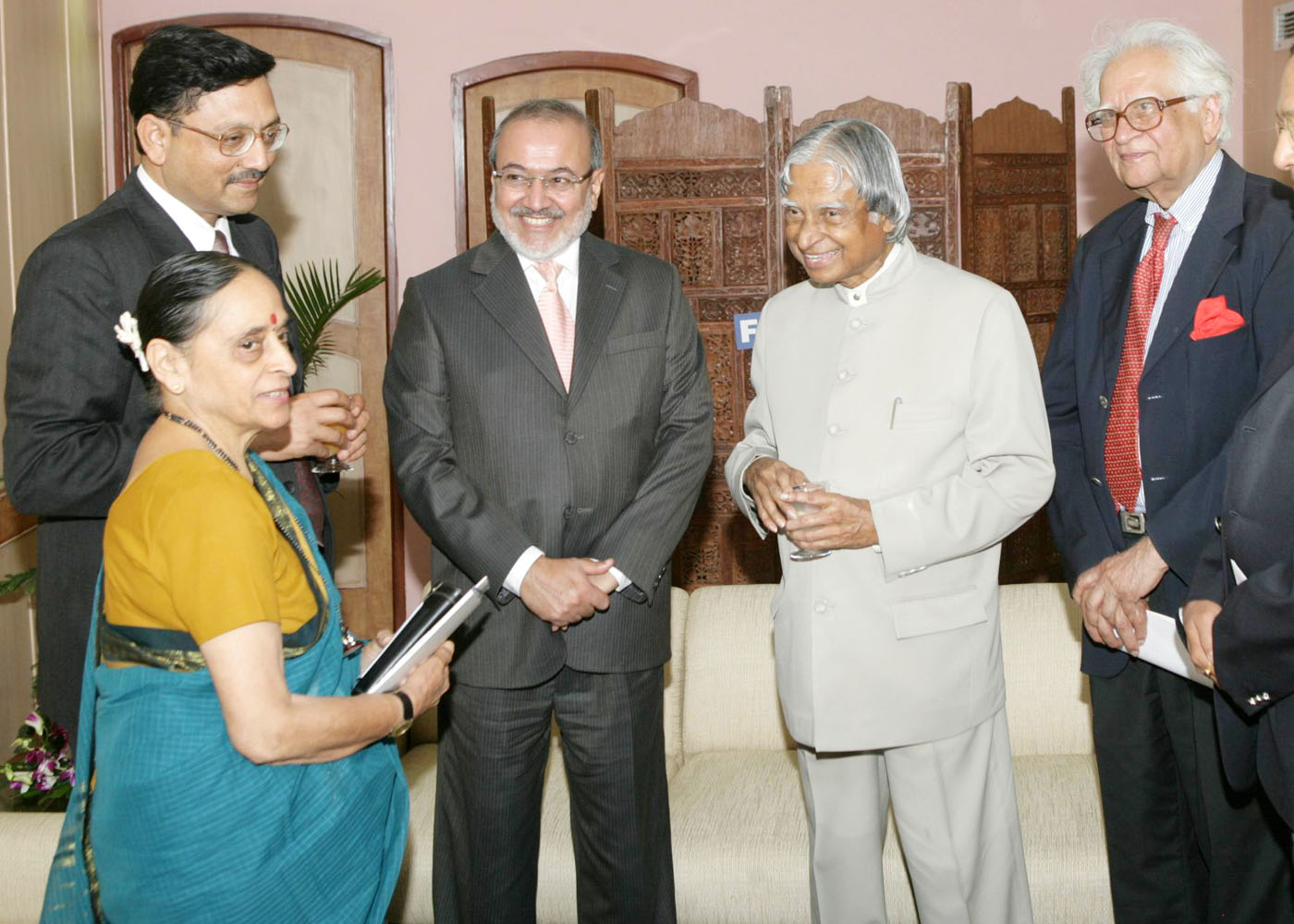
For success in all missions we need creative leaders. Creative leadership means exercising the vision to change the traditional role from the commander to the coach, manager to mentor, from director to delegator and from one who demands respect to one who facilitates self-respect. Also creative leaders are concerned about their corporate social responsibility and they would like to give more to the society than what they have drawn. For a prosperous and developed India, the important thrust will be on the growth in the number of such creative leaders who can create wealth to their institutions and also contribute to the upliftment of environment and people in their neighbourhood.
Once again my congratulations to all the award winners and best wishes to Businessworld-FICCI-SEDF for success in their mission of promoting excellence in fulfilling corporate social responsibility by the industry.
May God bless you !
Dr. A. P. J. Abdul Kalam
<<Back
|
|